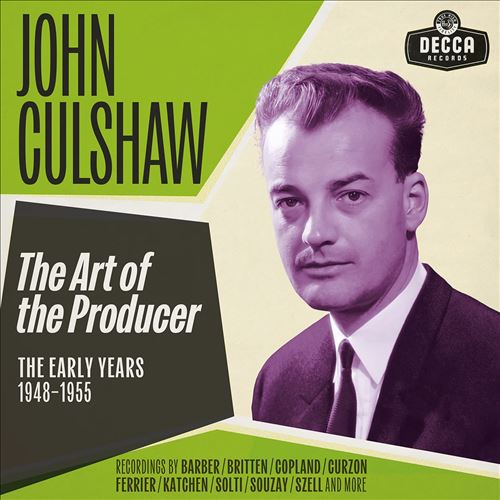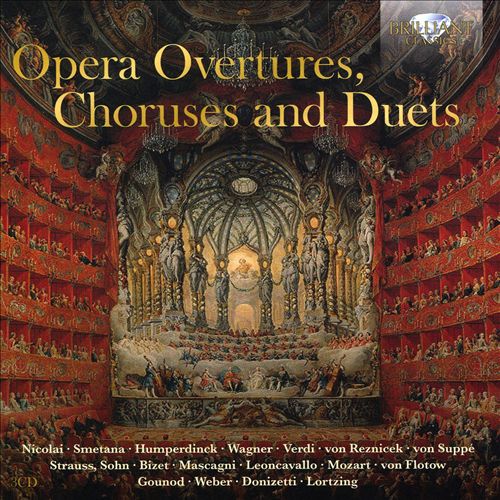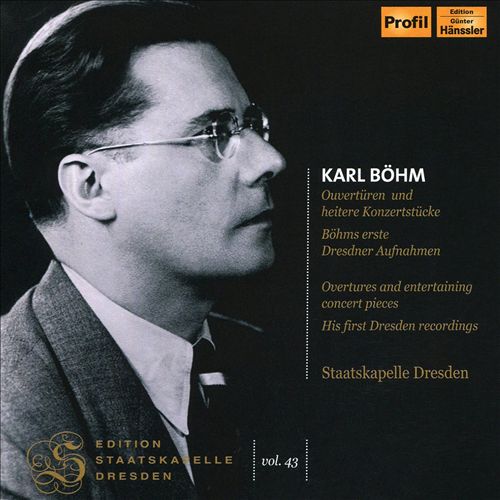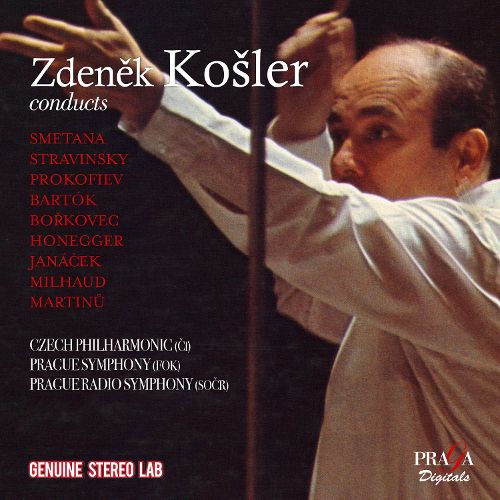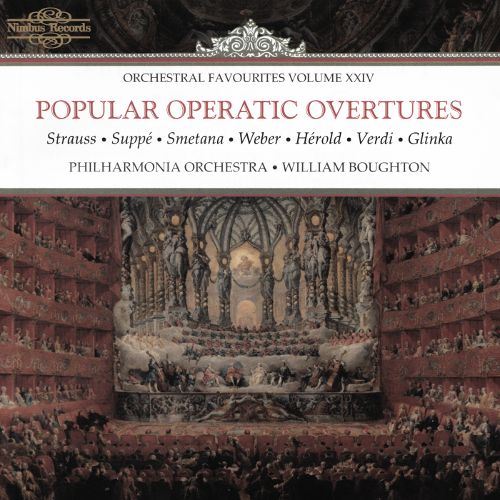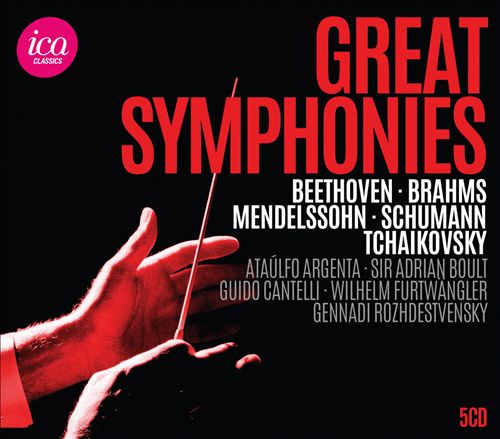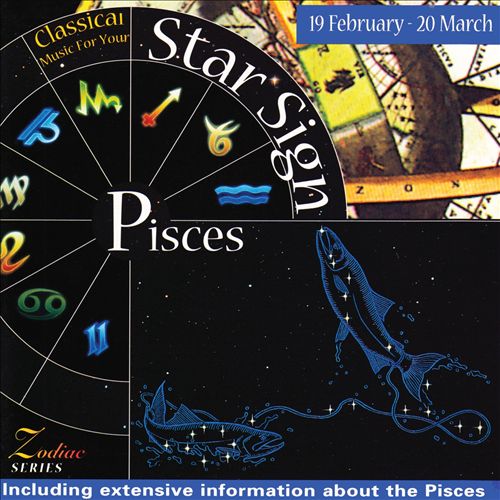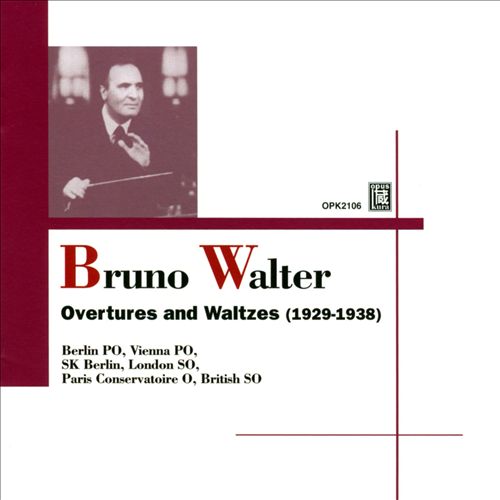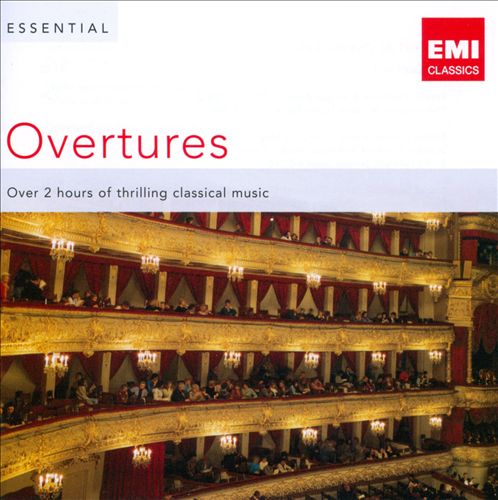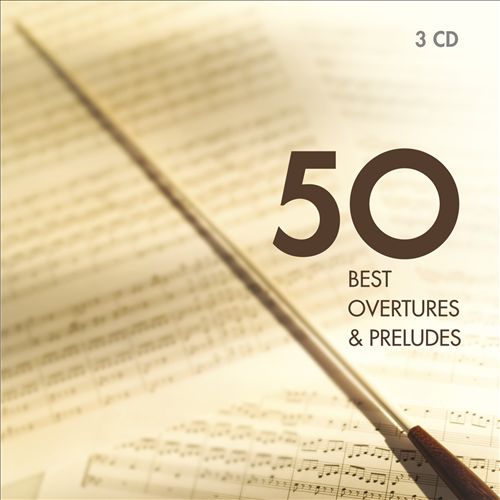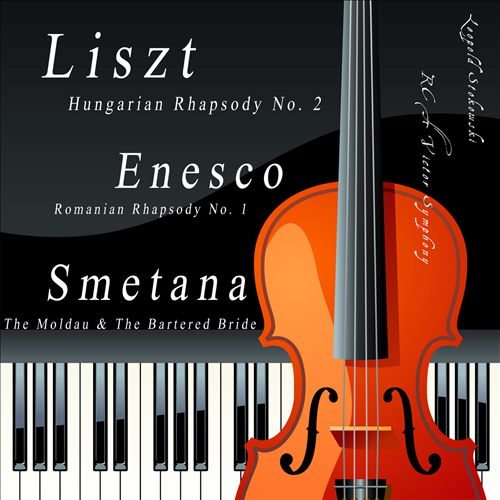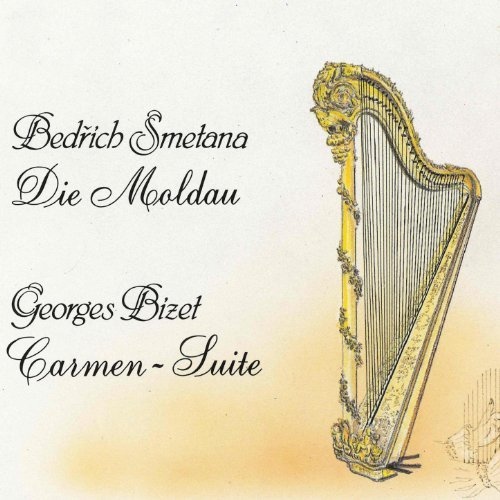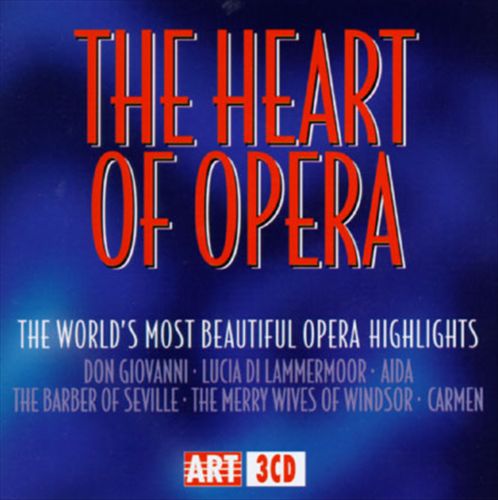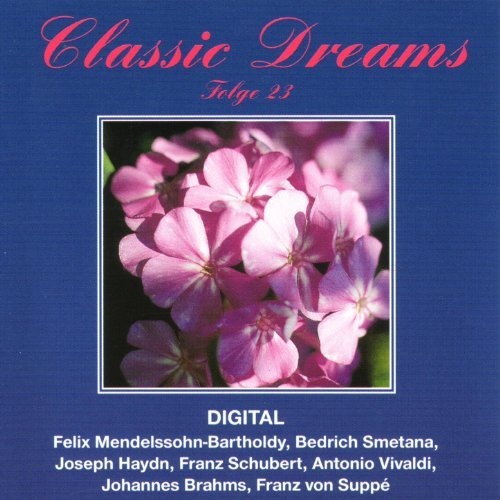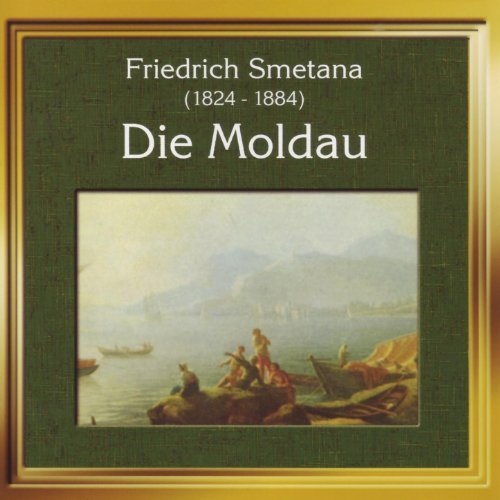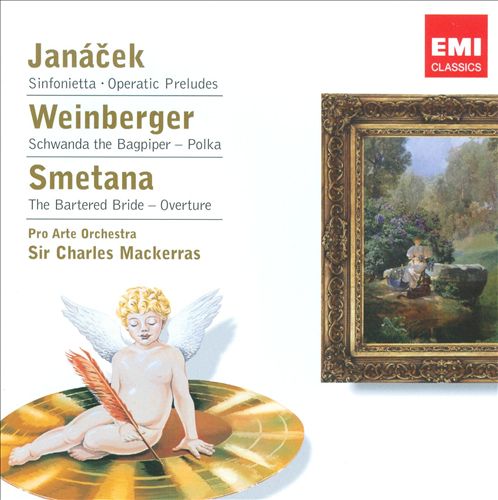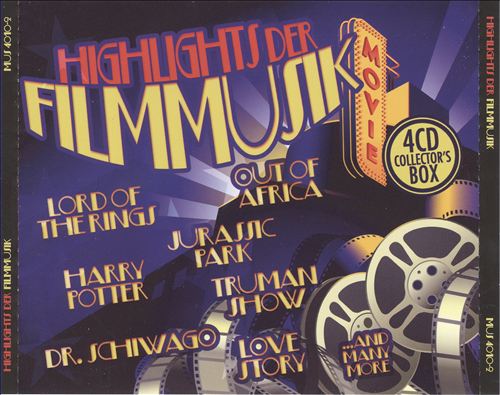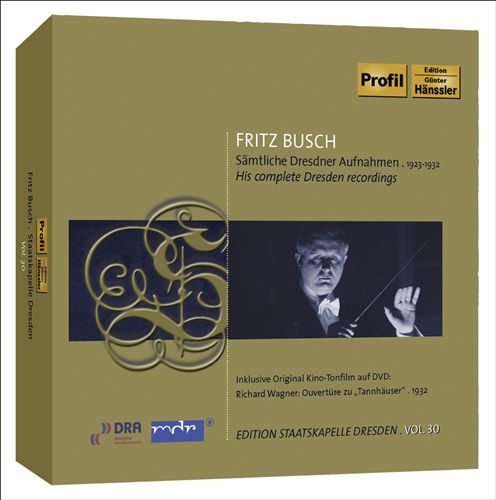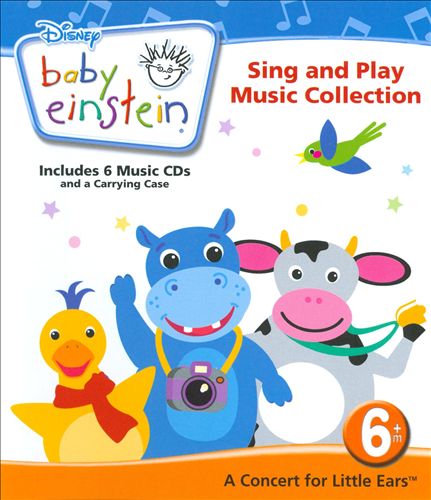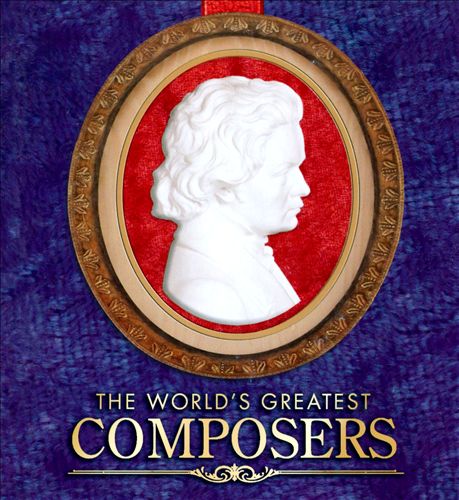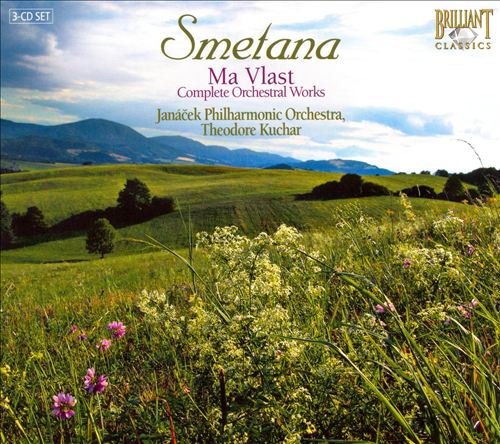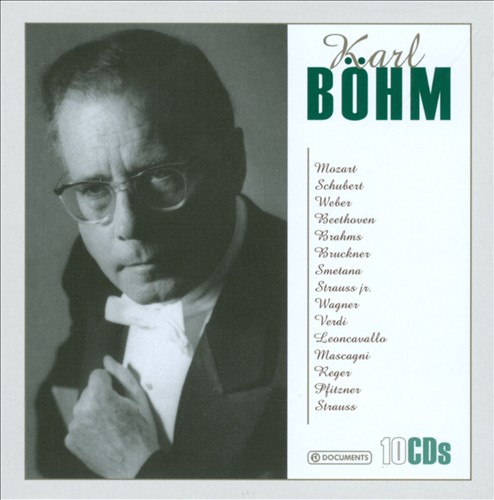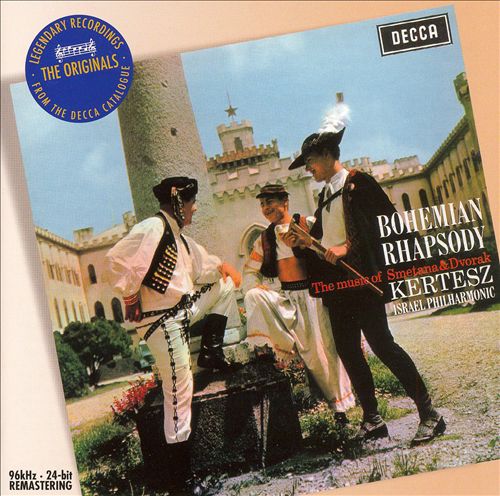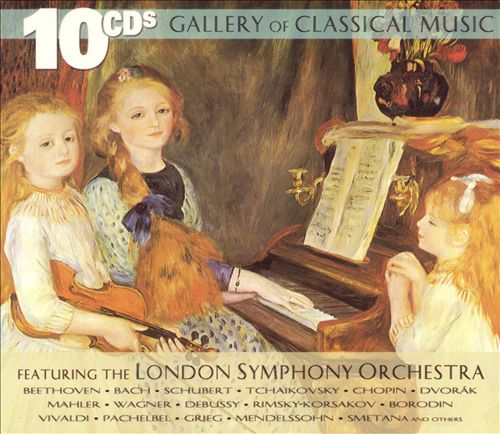Bedrich Smetana (베드르지흐 스메타나)
Prodaná nevesta, overture
100
10,000
1,400
WORK INFO
작곡가: Bedrich Smetana (베드르지흐 스메타나)작곡년도: 1863 - 1870출판년도: 1872평균연주: 6:45The Bartered Bride (, The Sold Fiancée) is a comic opera in three acts by the Czech composer Bedřich Smetana, to a libretto by Karel Sabina. The opera is considered to have made a major contribution towards the development of Czech music. It was composed during the period 1863–66, and first performed at the Provisional Theatre, Prague, on 30 May 1866 in a two-act format with spoken dialogue. Set in a country village and with realistic characters, it tells the story of how, after a late surprise revelation, true love prevails over the combined efforts of ambitious parents and a scheming marriage broker. The opera was not immediately successful, and was revised and extended in the following four years. In its final version, premiered in 1870, it gained rapid popularity and eventually became a worldwide success. Czech national opera until this time had been represented only by a number of minor, rarely performed works. This opera, Smetana's second, was part of his quest to create a truly Czech operatic genre. Smetana's musical treatment makes considerable use of traditional Bohemian dance forms such as the polka and furiant, although he largely avoids the direct quotation of folksong. He nevertheless created music which was accurately folk-like, and is considered by Czechs to be quintessentially Czech in spirit. The overture, often played as a concert piece independently from the opera, was, unusually, composed before almost any of the other music had been written. After a performance at the Vienna Music and Theatre Exhibition of 1892, the opera achieved international recognition. It was performed in Chicago in 1893, London in 1895 and reached New York in 1909, subsequently becoming the first, and for many years the only, Czech opera in the general repertory. Many of these early international performances were in German, under the title Die verkaufte Braut, and the German-language version continues to be played and recorded. A German film of the opera was made in 1932 by Max Ophüls.
Until the middle 1850s Bedřich Smetana was known in Prague principally as a teacher, pianist and composer of salon pieces. His failure to achieve wider recognition in the Bohemian capital led him to depart in 1856 for Sweden, where he spent the next five years. During this period he extended his compositional range to large-scale orchestral works in the descriptive style championed by Franz Liszt and Richard Wagner. Liszt was Smetana's long-time mentor; he had accepted a dedication of the latter's Opus 1: Six Characteristic Pieces for Piano in 1848, and had encouraged the younger composer's career since then. In September 1857 Smetana visited Liszt in Weimar, where he met Peter Cornelius, a follower of Liszt's who was working on a comic opera, Der Barbier von Bagdad. Reportedly, their discussions centred on the need to create a modern style of comic opera, as a counterbalance to Wagner's new form of music drama. A comment was made by the Viennese conductor Johann von Herbeck to the effect that Czechs were incapable of making music of their own, a remark which Smetana took to heart: "I swore there and then that no other than I should beget a native Czech music."From WIKIPEDIA
RELEASED ALBUMS
-
Bedrich Smetana: Bartered Bride Overture; Má Vlast excerpts; Wallensteins's Camp; String Quartet No. 1October 18, 2024
-
John Culshaw: The Art of the Producer – The Early Years 1948-1955May 31, 2024
-
Opera Overtures, Choruses and DuetsApril 5, 2019
-
Edition Staatskapelle Dresden, Vol. 43: Karl BöhmAugust 17, 2018
-
Prague Classics: Musical Souvenir from PragueAugust 17, 2018
-
Tribute to Zdenek KoslerJuly 7, 2017
-
Michael Gielen Edition, Vol. 4: 1958-2014January 13, 2017
-
Orchestral Favourites Vol. XXIV: Popular Operatic OverturesJuly 8, 2016
-
Great SymphoniesOctober 28, 2014
-
Classical Music for Your Star Sign: PiscesFebruary 11, 2014
-
Bruno Walter: Overtures and Waltzes (1929-1938)December 10, 2013
-
Essential OverturesJune 4, 2012
-
50 Best Overtures & PreludesMay 21, 2012
-
Liszt: Hungarian Rhapsody No. 2; Enescu: Romanian Rhapsody No. 1; Smetana: The Moldau; The Bartered BrideMarch 20, 2012
-
Bedrich Smetana: Die Moldau; Georges Bizet: Carmen-SuiteOctober 21, 2011
-
A Night at the Opera, Vol. 1November 3, 2010
-
The Heart Of OperaJuly 17, 2009
-
Classic Dreams, Folge 23February 26, 2009
-
Friedrich Smetana: Die MoldauFebruary 25, 2009
-
Janácek: Sinfonietta; Operatic Preludes; Weinberger: Schwanda the Bagpiper; Smetana: The Bartered Bride OvertureJanuary 12, 2009
-
Highlights der Film Musik2009
-
Fritz Busch: His Complete Dresden Recordings [CD+DVD]October 28, 2008
-
Baby Einstein: Sing and Play CollectionAugust 26, 2008
-
The World's Greatest Composers [Collector's Edition Music Tin]August 26, 2008
-
Smetana: Complete Orchestral WorksApril 1, 2008
-
Tennstedt: Portrait of a LegendNovember 20, 2007
-
Karl BöhmMay 21, 2007
-
Bohemian Rhapsody2006
-
Classical Treasures: Classical Sounds of Excellence [Box Set]August 23, 2005
-
Gallery of Classical Music [Box Set]August 23, 2005
FEATURED MOVIES
-
 06:35스메타나: 팔려간 신부 서곡1. 1. 2013Rudolfinum, Prague
06:35스메타나: 팔려간 신부 서곡1. 1. 2013Rudolfinum, Prague -
 07:06스메타나: 팔려간 신부 서곡
07:06스메타나: 팔려간 신부 서곡 -
 06:25스메타나: 팔려간 신부 서곡
06:25스메타나: 팔려간 신부 서곡 -
 07:44스메타나: 팔려간 신부 서곡March 2010Hamburg's Laeiszhalle
07:44스메타나: 팔려간 신부 서곡March 2010Hamburg's Laeiszhalle -
 06:43스메타나: 팔려간 신부 서곡
06:43스메타나: 팔려간 신부 서곡 -
 06:47스메타나: 팔려간 신부 서곡7.12.2010
06:47스메타나: 팔려간 신부 서곡7.12.2010 -
 06:57스메타나: 팔려간 신부 서곡1981National Theatre Prague
06:57스메타나: 팔려간 신부 서곡1981National Theatre Prague -
 07:54스메타나: 팔려간 신부 서곡Tel-Aviv Museum of Art
07:54스메타나: 팔려간 신부 서곡Tel-Aviv Museum of Art -
 08:09스메타나: 팔려간 신부 서곡October, 13, 2009
08:09스메타나: 팔려간 신부 서곡October, 13, 2009
ALBUM MUSIC
WORKS SHOUTS



